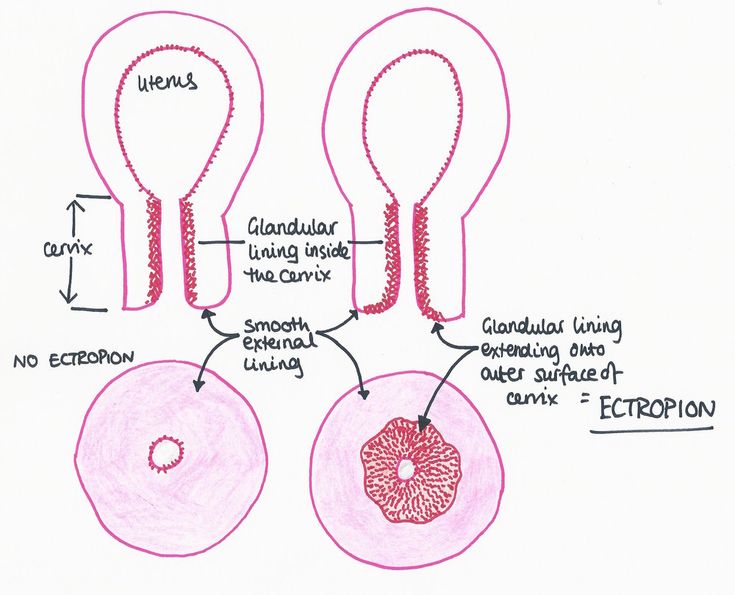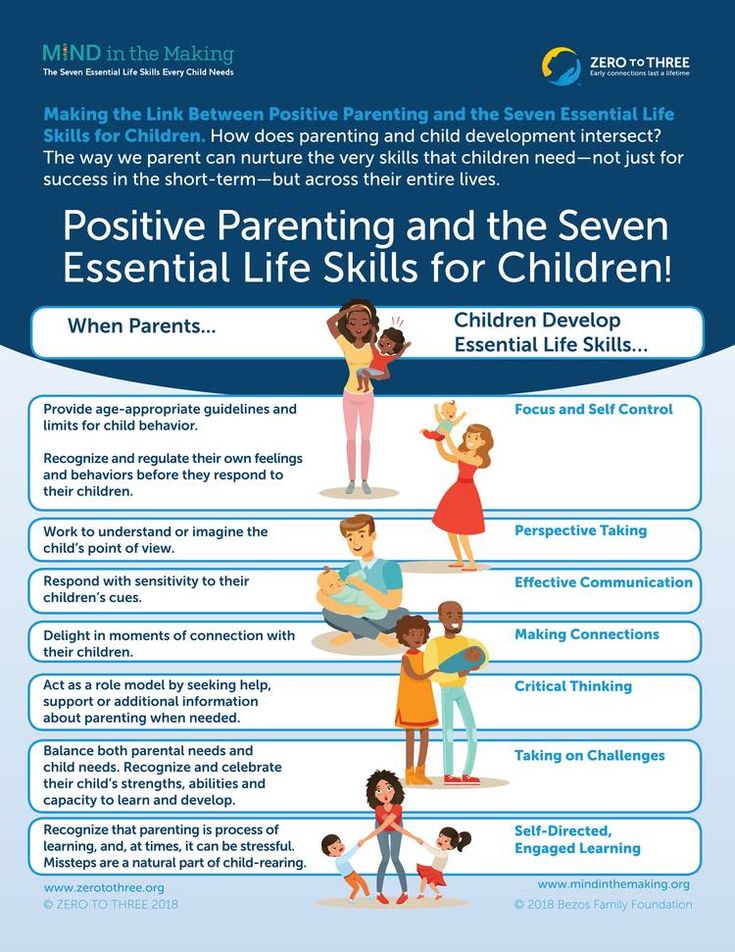How to help a child with perfectionism
5 Effective Ways to Help Your Perfectionist Child
Is your child self-critical and easily frustrated? Do they feel uncomfortable with new challenges or particularly tricky tasks? If so, your child may be a perfectionist.
To many people, this doesn’t seem like such a bad thing. After all, what’s wrong with setting high standards and pushing yourself to improve?
In reality, perfectionism can be unhealthy and damaging, especially for young children.
Dr. Carol Dweck, a Professor of Psychology at Stanford University, defines two different types of perfectionism:
1. The first type is excellence-seekers. They push themselves because they are intrinsically motivated to achieve. This type is healthy and is associated with a growth mindset.
2. The second type is those who strive for perfection to avoid judgment and appear perfect to others. This type is associated with a fixed mindset and causes people to be self-critical, anxious, and quick to give up.
The excellence-seekers generally achieve more, are happier, and feel inspired. The fixed mindset perfectionists are likely to procrastinate challenges or avoid them entirely for fear of failure. Ultimately, they hold themselves back from the success they desire.
If your child shows signs of unhealthy perfectionism, try using these strategies to help them worry less and accomplish more.
Before you continue, we thought you might like to download our FREE Your Words Matter Kit. With these 10 popular parenting guides, you will know exactly how to speak to your children to help them develop confidence, internal motivation, and a can-do attitude.
Encourage High Standards, Not PerfectionHelping your child avoid perfectionism doesn’t mean you should have low standards. Encourage your child to strive for excellence and hold themself to high standards, but don’t emphasize perfection.
Psychologist Randy Frost, a professor at Smith College, has studied perfectionism for decades. While he cautions against pursuing perfection, he also points out, “Most people who are successful set very HIGH standards for themselves.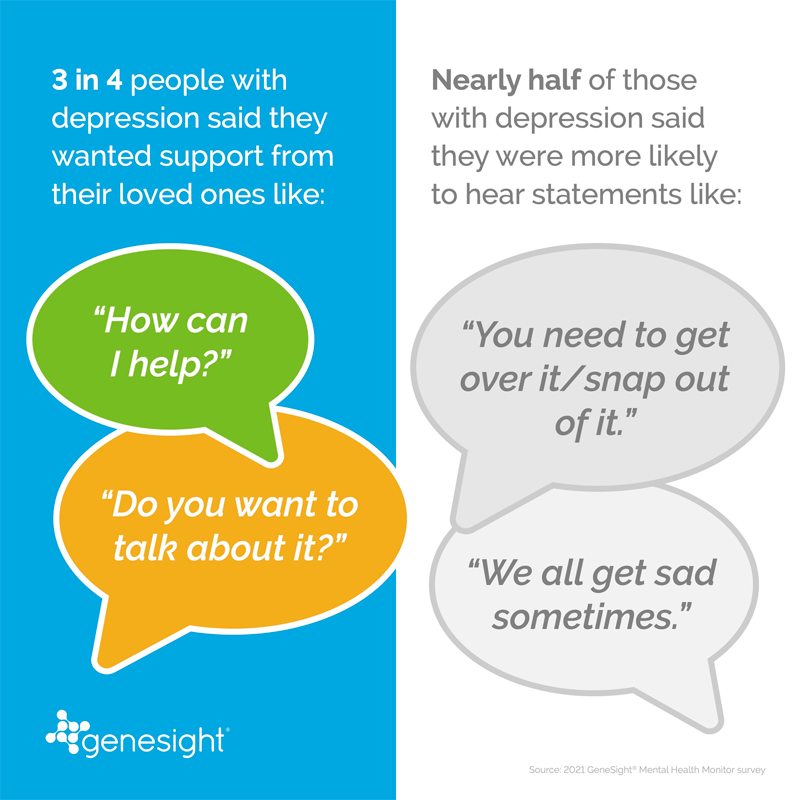 They tend to be happy.”
They tend to be happy.”
Miriam Adderholdt, author of “Perfectionism: What’s Bad About Being Too Good?” seconds this opinion. “There’s a difference between excellence and perfectionism.”
Excellence involves enjoying what you’re doing, feeling good about learning, and gaining confidence. On the other hand, perfectionism results in always finding mistakes, no matter how well you’re doing. Striving for excellence can be motivating, but striving for perfection is ultimately demoralizing.
Understand this distinction, and convey it to your child as well. Children take cues from their parents when it comes to perfectionism: If your child feels you expect perfection, they will strive to be “perfect” to gain your approval.
Avoid using the word “perfect” altogether, even as praise. This can cause children to feel they MUST achieve at an impossibly high level. If, for example, your child brings home a report card with all As and one B, don’t focus on the B. Pushing your child to achieve perfection can hurt both confidence and performance.
Help your child set goals and standards that are reachable with effort and don’t push the impossible perfection standard.
Teach Your Child “The Power of Yet”Another way to combat perfectionism is to teach your child about “the power of yet.” When your child says they can’t do something or haven’t achieved something, chime in with those three letters: “YET!”
The power of yet is all about believing you can improve, and you can achieve your goals and dreams. But success doesn’t happen overnight. Accomplishing something requires time, effort, mistakes, setbacks, practice, etc. (You can use our "Success Iceberg" poster to explain this concept to children.)
You can help your child understand the power of yet by using the following 3-step strategy:
- When your child is ready to work on a task, ask to create a draft or a prototype first. This allows your child to try, learn from their errors, revise, and improve.
- When they complete a draft, acknowledge what they have done well.
 Simultaneously, encourage excellence (not perfection) by saying that you don’t think this is their best YET.
Simultaneously, encourage excellence (not perfection) by saying that you don’t think this is their best YET. - Next, give concrete feedback about what your child can do to improve. This feedback is most effective if you focus on only ONE aspect of the assignment or task at a time. For example, if you’re giving your child feedback on their writing, focus on their ideas first, then focus on organization, then spelling and grammar, etc.
Your child will get excited about the improvement they make, and they’ll learn that they don’t have to focus on being “perfect” the first time — or at all. This will also teach them that continued effort results in progress, success, and increased confidence.
This 3-step strategy is also excellent for teachers to use in the classroom.
Be an Example of Someone Who’s Not PerfectChildren who are perfectionists often believe that other people—especially the adults in their lives—are perfect.
Teach your child not to strive for the impossible standard of perfection by doing the same. When you make mistakes or experience setbacks, don’t engage in self-criticism or negative talk in front of your child.
When you make mistakes or experience setbacks, don’t engage in self-criticism or negative talk in front of your child.
Instead, ask your child for advice.
Organizational psychologist Adam Grant explains that when he experiences setbacks, he asks his children for input and advice. By talking about his shortcomings, he normalizes imperfection for his kids. If his children later share similar struggles, Grant reminds them of the advice they gave to him.
By showing your child that you aren’t perfect and you’re okay with that, you’ll help him develop a healthy attitude about achievement as well.
Our popular Big Life Journal - 2nd Edition (ages 7-10) helps children develop strong Social-Emotional Learning (SEL) and growth mindset skills through inspiring stories, colorful illustrations, and engaging guided activities. In this beautifully illustrated journal, children learn how to believe in themselves, face challenges with confidence, and use mistakes as opportunities to grow!
Emphasize the FunIn a recent study, a research team from George Washington University used concept mapping to map “fun” in youth sports. They found that winning is not an essential element of having fun in sports.
They found that winning is not an essential element of having fun in sports.
Kids rated factors like positive coaching, being a good sport, trying hard, team friendships, and learning and improving as far more important in terms of “fun.”
Next time you pick your child up from practice, ask “Did you have fun today?” instead of “How many goals did you score today?” or “How did you do today?” This shows that you care more about your child enjoying the activity than about winning or achieving perfection.
When you do talk to your child about performance, emphasize the new skills they are learning and the areas in which they’re improving. Focus on the process of learning and the enjoyment of this process instead of solely stressing achievement.
Although this research applies to sports, the same can be true in other areas, like academics and the arts. Highlight enjoyment and learning how you question and praise your child, and you’ll encourage them to stray away from a perfectionistic mindset.
Don't forget to download our FREE Your Words Matter Kit with 10 helpful parenting guides and tips to use when speaking to your children.
Recognize Negative Thoughts
Teach your child to recognize negative thoughts and the inner voice that demands perfection. Remind your child that it’s okay to have these thoughts, but they can use tools to address them.
For young children, you can use the “balloon technique.” Tell your child to catch self-critical or negative thoughts, then imagine blowing them into a balloon and letting it go. They can then replace the negative thought with a more positive one or an affirmation like, “I’m doing my best.”
You can also play the Five Senses Game to help your child refocus and learn to be in the moment. This is when children focus on what they can see, hear, taste, smell, and touch to combat anxiety or feelings of doubt and blame.
More Helpful Strategies for Dealing with Perfectionism- Allow for downtime.
 It’s common for parents to overschedule their kids and push them into all sorts of activities. Ensure your child also has time each day to relax, recharge, and not worry about achievement.
It’s common for parents to overschedule their kids and push them into all sorts of activities. Ensure your child also has time each day to relax, recharge, and not worry about achievement. - Demonstrate unconditional love. Ensure your child knows that your love isn’t conditional on performance. Go beyond just saying this; make sure you’re not demonstrating excitement, interest, or pride only when your child accomplishes something.
- Be mindful of your criticism. Children worry about their parents withdrawing approval when they disappoint or get something wrong. So be mindful of how you express criticism or frustration. Help your child evaluate their performance and talk about how they can improve.
- Be supportive. Ask your child what they need to achieve what they want. Maybe they need more sleep or more help from you.
- Talk about learning from mistakes. Remind your child that everyone makes mistakes — we learn more from our mistakes and failures than we do from our successes.

If your child is too hard on themself, has unreachable expectations, and avoids challenges, they may be a perfectionist. Luckily, you can work with him to develop a healthier attitude toward achievement. Eventually, your child will grow to understand that perfection isn’t possible for anyone, and that’s perfectly okay.
Looking for additional resources to help your child? Our How to Transform Your Child’s Negative Self-Talk Into Self-Love is a one-of-a-kind, on-demand masterclass for parents, you'll learn why your child has negative self-talk and effective practices to help them turn it into self-love. This is the ONLY negative self-talk masterclass for parents approved by psychologists.
Signs of Perfectionism in Children (And How Parents Can Help) — Child Counseling in Davidson
When you think of a child who is a perfectionist, what do you envision? Most of us probably think of the stereotypical straight-A student who is enrolled in 5 extracurriculars and still somehow finds time to volunteer on the weekends.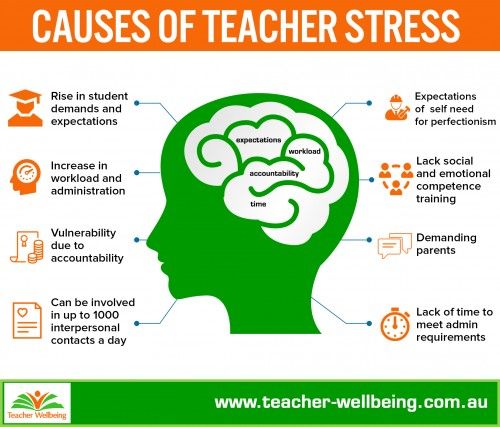 Even though we all know perfectionism is a “problem”, it tends to be seen as a good problem to have—the kind of thing it’s okay to mention on job interviews when you’re asked to describe your weaknesses.
Even though we all know perfectionism is a “problem”, it tends to be seen as a good problem to have—the kind of thing it’s okay to mention on job interviews when you’re asked to describe your weaknesses.
Although it’s not officially a diagnosis, perfectionism is often misunderstood when we talk about kids’ mental health. Just like we casually say “I’m so OCD” and mean we are super clean or organized, we tend to call anyone who is a high achiever a perfectionist. But perfectionism isn’t always something that pushes kids to succeed: it can also hold kids back, and put them at risk for anxiety and depression. Keep reading to learn about the common signs and symptoms of perfectionism in kids, and how you can help your child who has a perfectionistic streak.
Perfectionism Can Hold Kids Back
A lot of us—myself included, sometimes—think about perfectionism as something that drives children to succeed. After all, holding yourself to a high standard challenges you to work harder and not give up. True perfectionism doesn’t always work this way. Perfectionist kids are so terrified of failure that they may limit themselves to activities that come easily to them.
True perfectionism doesn’t always work this way. Perfectionist kids are so terrified of failure that they may limit themselves to activities that come easily to them.
They might avoid new sports or extracurriculars where they would risk making mistakes. They may also stick to familiar school subjects and interests rather than stretching themselves in new, less certain directions. Over time, this can limit a child’s growth. Mistakes are a crucial part of learning, so avoiding them means a child is missing out on learning opportunities in the long run. These children also run the risk of missing out on opportunities for fun, too: maybe some of those unfamiliar activities they passed up would have been really fun, if only they’d given them a shot.
What Are the Symptoms of Perfectionism in Children?
Perfectionism is a personality trait, not a mental health diagnosis. This means there isn’t an official list of signs and symptoms we can use to determine if someone is a perfectionist. However, it can be good to know if your child tends to think in a perfectionistic way, because it can sometimes lead to bigger problems with anxiety over time. Some children with perfectionistic traits may also have diagnoses of social anxiety, generalized anxiety, or OCD.
However, it can be good to know if your child tends to think in a perfectionistic way, because it can sometimes lead to bigger problems with anxiety over time. Some children with perfectionistic traits may also have diagnoses of social anxiety, generalized anxiety, or OCD.
If you’re wondering whether your child might be a perfectionist, here are some symptoms to look out for:
Unrealistically high expectations for themselves or other people: more than just a high standard, these expectations are overly tough.
Easily frustrated by mistakes on homework or during other activities, to the point that the child might abandon the whole project.
Avoiding or putting off activities that the child fears may be difficult.
Worries about failing that are out of proportion to the actual situation.
Taking a long time to finish assignments or repeatedly re-starting them due to anxiety about not getting things exactly right.

Self-consciousness, low self-esteem, or lots of negative self-talk about the child’s own achievements.
Meltdowns when a child feels they have been criticized or not done well enough on their work.
Perfectionism goes beyond just a desire to succeed: the standards kids impose on themselves are unrealistic and exaggerated. Children may fear that their teachers will be extremely disappointed with them, or imagine their work is extremely sub-par, when in reality the situation is not so serious. Even small tasks can become a big deal when a child is struggling with perfectionism.
Can Perfectionism Cause Low Grades?
Not all perfectionistic kids are straight A students! While some perfectionistic kids are driven to excel in school, others have the opposite experience. Some children actually see their grades suffer as a result of perfectionism that’s gotten out of hand.
These children earn grades that are below their ability level because they are not handing in work they deem “not good enough.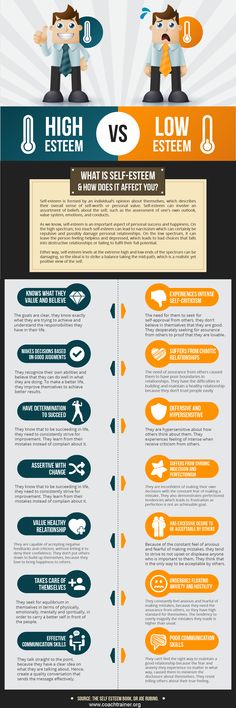 ” Sadly, this often happens after hours of agonizing and working on an assignment—only to get no credit for it.
” Sadly, this often happens after hours of agonizing and working on an assignment—only to get no credit for it.
Even when a child with perfectionism is successful in school, it comes at an emotional cost. Although they may seem happy and accomplished on the outside, these children are often insecure and unhappy on the inside. It’s hard to feel satisfied with your achievements when it always feels like you could have done more.
How to Help a Child With Perfectionism
Parents can do a lot to support children who are prone to perfectionism. Many schools are starting to recognize the importance of developing a growth mindset, which encourages kids to focus on their effort instead of simply the end result. Fostering a growth mindset is one of the best things you can do to combat perfectionism. Here are a few things you can try at home to get started.
Focus on the process, rather than the product.
 Instead of just praising your child’s amazing drawing or their high score on a test, let them know you are proud of the work it took to get to that point. You can compliment your child on all the research they did, how careful they were in drawing their picture, or how much time they put into learning a new skill. Even if the end result isn’t perfect, the effort is still worthy of praise.
Instead of just praising your child’s amazing drawing or their high score on a test, let them know you are proud of the work it took to get to that point. You can compliment your child on all the research they did, how careful they were in drawing their picture, or how much time they put into learning a new skill. Even if the end result isn’t perfect, the effort is still worthy of praise.Make the connection between accidents and growth. Older kids might like to hear stories about some famous mistakes that led people to unexpected success. For example, penicillin was discovered accidentally when mold grew on a petri dish the scientist was trying to use for something else. Potato chips are the result of somebody cutting French fries way too thin. Penicillin saves lives, and who doesn’t love a potato chip?
Read books that celebrate mistakes. Younger children might enjoy Beautiful Oops!, a pop-up book that shows how mistakes in art can be turned into something beautiful.
 I use this book a lot in my therapy practice. Although it’s intended for young readers, older children like it too. It can open up great conversations about creative problem solving.
I use this book a lot in my therapy practice. Although it’s intended for young readers, older children like it too. It can open up great conversations about creative problem solving.Be a good role model. Whether it’s because of genetics or just learned behavior, perfectionism can run in families. Kids study their parents closely to decide how they should deal with things, so even day-to-day setbacks can be a casual learning opportunity. Pay attention to how you talk about your own mistakes, especially if you tend to be hard on yourself, too. If you can reframe them as something that isn’t a big deal, your child may follow suit, too.
When Perfectionism Turns Into Anxiety, Child Therapy Can Help
Perhaps unsurprisingly, perfectionist kids are prone to developing anxiety and depression. Sometimes, perfectionism can be the first sign of a mental health disorder like OCD, which can involve repeating things, checking work, and recurring worries about mistakes. It can be really isolating to struggle with perfectionism, and children may feel like they’re the only people on earth dealing with these feelings.
It can be really isolating to struggle with perfectionism, and children may feel like they’re the only people on earth dealing with these feelings.
If you’ve tried self-help coping skills and they aren’t enough to overcome your child’s worries, counseling can help your child approach school in a more balanced way. Approaches like cognitive behavioral therapy help notice when their thoughts are unrealistically focused on failure. Over time, kids can learn to think more flexibly and take mistakes in stride. Almost as importantly, therapy reassures kids that they’re not alone: plenty of kids (and adults) have felt this way, and overcome their worries.
If you’d like to learn more about counseling, you can check out my page on child therapy here. I am available to help kids in the states of North Carolina, New York, and Florida from my online and in-person therapy office in Davidson, North Carolina. If you’d like to talk more about therapy with me, you can drop me a line here.
If your child is a perfectionist: what to do?
Categories: Parents meeting, Articles
Tags: education, children, psychology, parents, School
What to do?
Do you think perfectionism is a good quality? Perfectionism is terrible: it sucks all the juice out of the child and gives nothing in return, not even the joy of achievement.
You may have heard some parents proudly proclaim, “My son has been working on a chemistry project all night. He loves to perfect everything." But such parents most likely do not understand that perfectionism is a serious psychological problem, not a blessing.
If you are raising a perfectionist, you probably noticed that it is quite difficult: torn paper all over the room, long evenings over textbooks and notebooks, nervous breakdowns are just a few of the hallmarks in the behavior of a young lover to do everything impeccably.
Perfectionism takes a lot of energy from a child: a breakdown after a sports mistake or a few hours with a smartphone at the ready to take a perfect selfie does not look so harmless.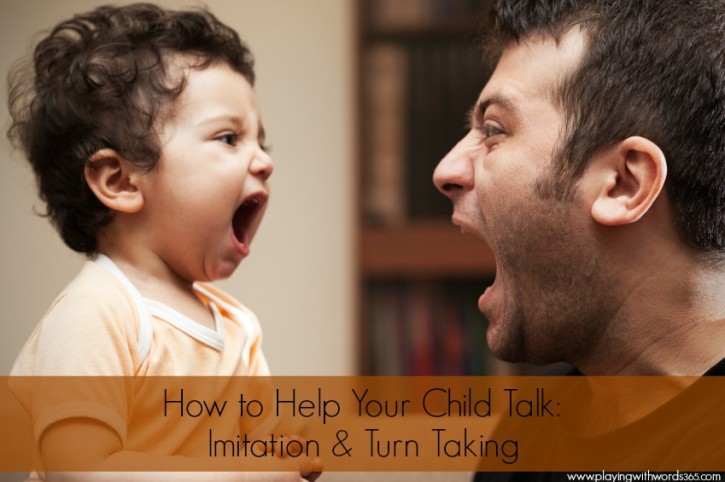 And if you do not try to influence this, then in later life there may be even more problems.
And if you do not try to influence this, then in later life there may be even more problems.
What does perfectionism bring up in children?
It is wonderful when a child strives for more, but if he expects perfection from himself, he will never be able to enjoy the fruits of his labors.
Perfectionists set themselves unrealistic goals. They then place enormous pressure on their shoulders to achieve those goals. Their thinking can be described by the saying "make or break". If such a child receives 99 points out of 100 on the exam or makes 9 out of 10 successful throws in basketball, then for him it will be a complete failure - the goal was not fulfilled.
When such children succeed, they cannot enjoy their achievement. They constantly belittle their victories and worry that they will not be able to repeat the high result.
Types of perfectionism
Some researchers believe that a child can be an "adaptive perfectionist" and that unrealistic expectations of themselves can serve them well in life. However, most scientists agree that perfectionism is only harmful.
However, most scientists agree that perfectionism is only harmful.
Scholars identify three distinct types of perfectionism:
*Ego-perfectionists - expect the unreal from themselves;
*Extra perfectionists - set unrealistic standards for others;
*Social perfectionists - believe that others (teacher or parents) set unrealistic goals for him.
All three types are extremely dangerous for a happy and successful life of a child.
Symptoms
Symptoms of this phenomenon may vary, depending on the age of the child and the type of perfectionism. But in general the symptoms are:
* high sensitivity to criticism;
* trouble shutting down because it's constantly "too bad";
* procrastination - avoidance of difficult tasks;
* self-criticism, self-confidence and vulnerability;
* very critical of other people;
* problems with decision making and prioritization;
* prostration and apathy in case of error;
* high alarm level.
Risk factors
Scientists believe there are several factors that can lead to perfectionism in children.
* Biological factors . Research shows that perfectionism is often associated with certain mental disorders, such as obsessive-compulsive disorder or eating disorders. This allows scientists to conclude that perfectionism has biological causes.
* Influence of parents. Praises like "the smartest kid in the whole school" or "the strongest athlete in the school" can lead the child to learn that making mistakes is bad. The child begins to feel that he needs to succeed at all costs.
* Perfectionist parents. Such parents are much more likely to raise a perfectionist. There may be a genetic explanation for this, or children simply accept the "ideal" behavior of their parents as a role model.
* School pressure. Children may be afraid that a poor result on the USE or an intermediate test may reduce their chances of getting into a good university. Others try to do well in order to get various scholarships. Academic pressure can make children feel like they have to be perfect in order to achieve something.
* A fine line between success and failure. The media is constantly painting portraits of the perfect pop stars or athletes. At the same time, the media are capable of destroying any star due to one celebrity mistake. Such experiences convince children that they need to be perfect.
* Desire to please. Some children want others to admire them, for this, of course, you have to be perfect in everything. Sometimes this can lead to extremely sad consequences.
* Low self-esteem. A child who is dissatisfied with himself may begin to think that he is only his achievement. Perfectionists constantly focus only on their mistakes and belittle their achievements.
* Injury. A traumatic experience can cause a child to feel unloved or unaccepted by society if he is not perfect.
The dangers of perfectionism
Perfectionism will not lead a child to success. Everything can turn out quite the opposite. Here are a few problems that can happen to a perfectionist child.
* Fear of making mistakes prevents them from trying something new.
* Perfectionist children often hide their pain and confusion. They have to look perfect from the outside, so they experience their failures alone.
* Perfectionism can lead to health problems. They are under constant threat of depression, high anxiety and other mental disorders.
* Constant high level of stress. A perfectionist has to constantly avoid making mistakes, so he puts himself under constant pressure to make one. We all know well that stress will not make anyone physically and emotionally healthy.
Dealing with perfectionism
If you notice symptoms of perfectionism in your child, you can help him. Here are a few ways to beat perfectionism.
- Praise more often and not only for achievements. Do not praise the child if he brings home several "fives" in a row, praise him for good work. Also praise your child for being a good person or for treating others. Make it clear to your child that achievement is not the only important thing in life.
- Tell us about your own mistakes. Let your child see that no one in the world is perfect. Tell us about a time you didn't get a job or failed an exam or test. Focus on what helped you deal with failure.
- Teach your child how to deal with stress. Mistakes always hurt us, but that doesn't mean they can't be overcome. Tell your child how to deal with disappointment, rejection, or a mistake: talk to a friend, keep a diary, draw. There are many options for venting your negative emotions.
- Teach your child healthy self-talk. Let the child use self-compassion instead of self-criticism. Have a self-talk in front of your child to show him that there are other ways to evaluate yourself besides criticism.
Teach phrases like “I forgot to go to the bank today. Well, I'll try to get to the bank tomorrow anyway. Or “I forgot about the stove and ruined dinner. I’ll find something else to cook with and this time I’ll be very careful.”
- Watch your expectations. The main thing in the treatment of perfectionism is not to put pressure on the child. Set reasonable and realistic goals for him. And review your expectations from time to time: are you expecting too much from your child? If the child is not doing well or is trying to avoid achieving your goals, then you definitely overdid it.
- Teach your child to determine what he can control and what he can't. Does your child want to be the best football player in school, or do they want to do well in all of their final exams? This is good, but explain to him that success does not depend entirely on him, there will always be circumstances that he cannot control. He cannot control the mood and professionalism of the teacher or coach, as well as the talents and work of other students in the school.
- Help your child set goals for himself. Talk to your child about his future. If in his goals the need to be perfect slips through, then explain to him the dangers of setting such a task and help him adjust the goal.
- Develop healthy self-esteem in your child. Offer your child activities that he can excel at and that he can enjoy. Volunteering, learning new things, playing musical instruments are some of the great methods of nurturing a child's healthy self-esteem.
When to seek professional help
Watch carefully so that the child's perfectionism does not bring him social problems. For example, if your child does not communicate with anyone because he wants to get the best grade in the subject, or no one wants to be friends with him, because he cries every time he does not get an "A". In this case, it is worth seeking the help of a professional, because this can harm the future life of the child in society.
Problems in studies - the second signal to take the child to a psychologist. Example: a child cannot turn in any project or creative work, because they do not correspond to his concept of the ideal.
If you know your child is a perfectionist, talk to their therapist. Tell us about the symptoms of the problem you see and how they affect the child's life. The therapist may refer the child to a specialist to evaluate their condition. A professional will help the child get rid of the annoying striving for perfection.
Source: verywellfamily
Everything is perfect! What is the danger of children's perfectionism: the opinion of a psychologist
Perfectionism is a person's desire for perfection , trying to be perfect and achieve the best result. A perfectionist child is hardworking and diligent, scrupulous and picky about trifles, tries to do everything perfectly, is very worried about mistakes and bad grades. At first glance, a wonderful set of qualities. But what the pursuit of the ideal can lead to, said the psychologist of the Khoroshevsky family center Elizaveta Mordvishova.
« Perfectionism entitles the child to love, recognition and respect. The self-esteem of such children depends on the opinions of others, they have an acute need for admiration, praise, compliments and recognition, ”says the psychologist .
Is it easy to be perfect? Not reaching the goal, the child begins to feel bad, unworthy, imperfect, his self-esteem drops.
Increased attention to detail and diligence leads to the fact that the completion of even the simplest task takes a lot of time for perfectionists due to constant dissatisfaction with the result. They may quit halfway through if something goes wrong. They do not notice their success, do not feel satisfaction from the process of activity , pay attention only to their mistakes and failures.
Because of the fear of being imperfect, they try to avoid trying something new, to the point of giving up the activity. Perfectionist students are more likely than their peers to refrain from completing difficult tasks and put them off until later.
Sad consequences
“The realization of one's ‘imperfection’ makes the child feel unloved and rejected. it seems to him that he will never be able to meet the expectations of the people around him, parents and teachers. Most often, such children are not self-confident, with a high level of anxiety and restlessness, h excessively sensitive to mistakes, criticism or jokes addressed to them" , - the specialist notes.
Feeling fear of disapproval, condemnation, fear of not being good enough, such children hardly adapt to new conditions. They constantly compare themselves with those around them and perceive them as rivals. Having inflated demands on themselves and others, they experience difficulties in relationships with peers.
Living in constant stress and guilt is quite difficult. The child may feel tired, frustrated, and hopeless. All this negatively affects his psychological well-being and relationships with other people. In extreme cases, it can lead to serious anxiety and depressive disorders.
To help parents
- Love.
- Teach him to set realistic and reasonable goals. Explain that mistakes are normal, they can be corrected by learning something new from them. Praise your child for their efforts, not for the result.
- Avoid comparing the child with other children, with yourself or with other adults in childhood. Develop healthy self-esteem in your child. Help find an activity for the soul, for enjoyment, and not for the sake of achieving results (reading books, music, drawing) . Encourage communication with peers.
If you don't know how to help your child cope with perfectionism, contact a specialist. Experienced and qualified psychologists of the capital's family centers provide professional psychological assistance to children and adults.


